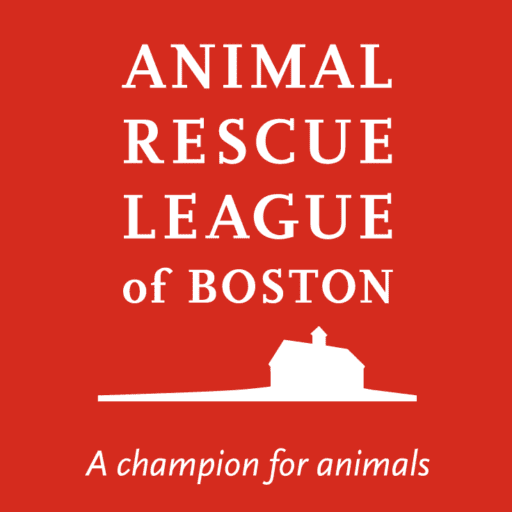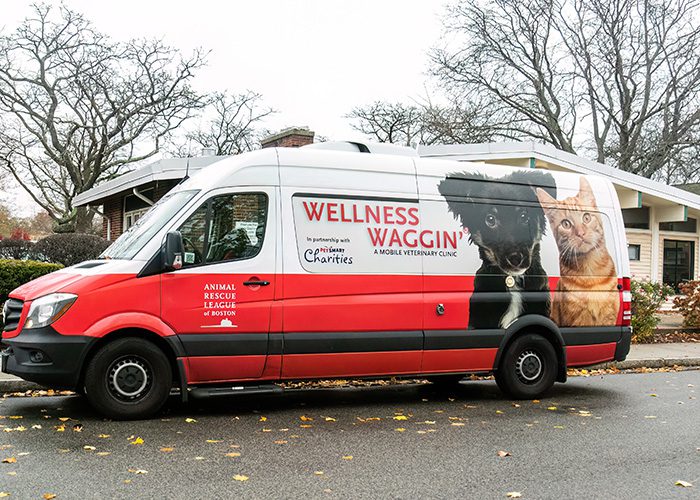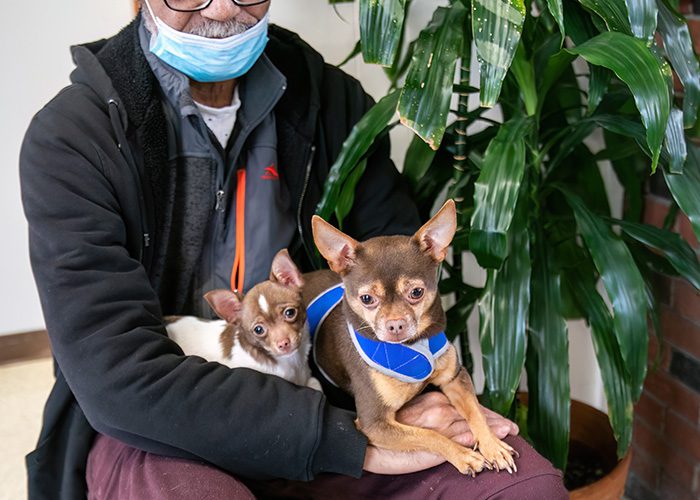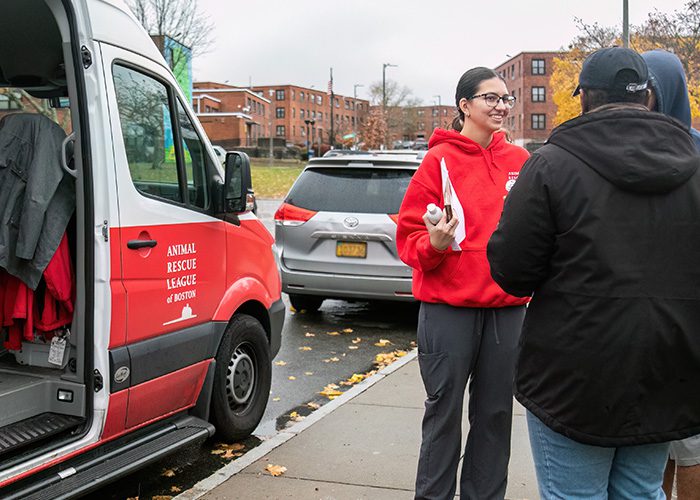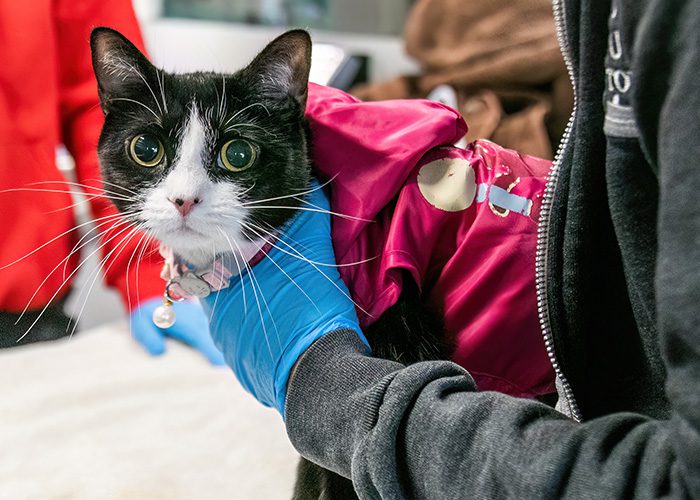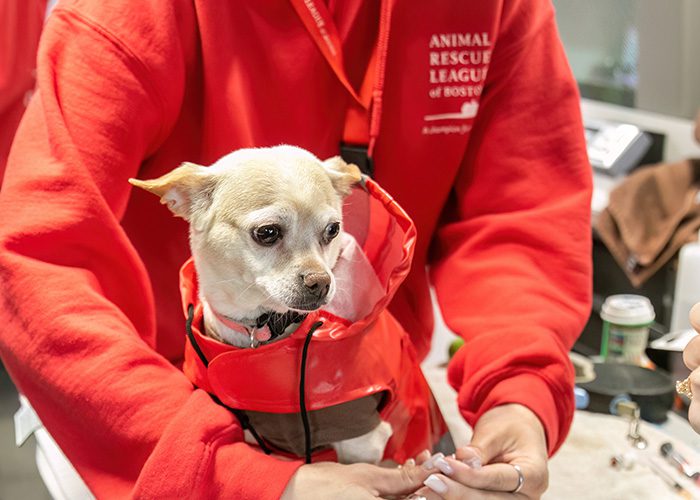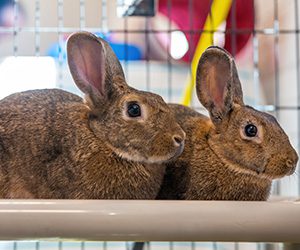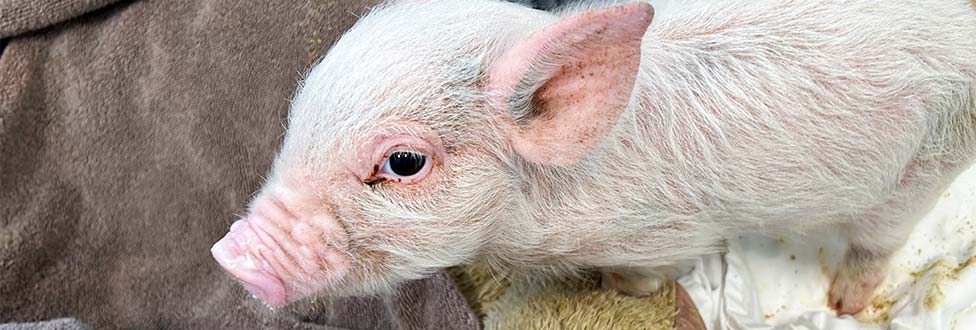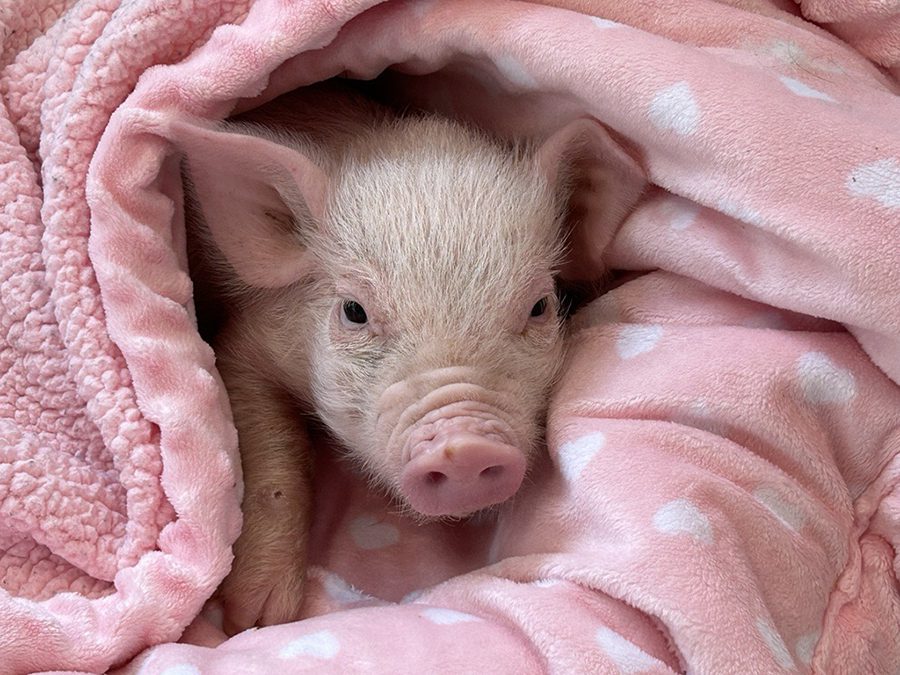DOUBLE Your Impact This Giving Tuesday
Giving Tuesday is a global day for giving to causes that are nearest and dearest to your heart.
We’re feline extra excited because you have a chance to make DOUBLE the impact!
Thanks to some fur-tastic supporters—ARL’s Board of Directors, our President & CEO, and Friends of ARL—your donation will be matched dollar-for-dollar, up to $173,950 until midnight on 12/3.
Your gift, made before midnight tomorrow will do twice the good by:
-
- Healing sick or injured animals
- Keeping pets and people together
- Protecting animals from cruelty and neglect across Massachusetts
Your support will be paws-itively life-changing!
Giving Tuesday and the match comes at a critical time for all the animals in our care and they need you now, more than ever before
There are so many ways to give that are eligible for the match – from donor-advised funds (DAFs) to qualified charitable distributions (QCDs) to stock to cryptocurrencies and more! Contact Jackie for assistance or to initiate your gift.
Prefer to give by check? Mail to Animal Rescue League of Boston, ATTN: Giving Tuesday, 10 Anna’s Place, Dedham, MA 02026
Need assistance or want to donate over the phone? Call us Monday through Friday at (617) 426-9170 x603.
Thank you Giving Tuesday Match sponsors!
Anonymous, Edward Bradstreet, Kathy Burdon, Barbara Burg & Priscilla Golding, David & Lisa Cawley, Craig Davis & Steve Vondran, Grace & Ted Fey, Ellen & Gilbert Forest, Rich Kelly & Carol Akerson, Dr. Holly Kelsey, Walter & Lee Kenyon, Drs. Cynthia & William Kettyle, Renee Knilans, Laura L’Abbe, Lee Ann & Michael Leahy, Rod & Barbara Macdonald, Malcolm McDonald & Susan Passoni, Kelly & Brian McKernan, Kate Merritt, Mary Nee & James Chapin, Tara & Christophe Oliver, Nadine Pellegrini & Douglas Stoddart, Alisa Plazonja, Arthur & Paula Rabe, Heather & Park Ridill, José Rodriguez-Villalobos & Christopher Lapan, Sydney Rosen & The Mike and Toni Rosen Family Fund, Denise Saltojanes & Dr. Stephen Spiegelberg, Dr. Edward Schettino, Jane & Andrew Urban, Bill Whelan & Megan Gates.
